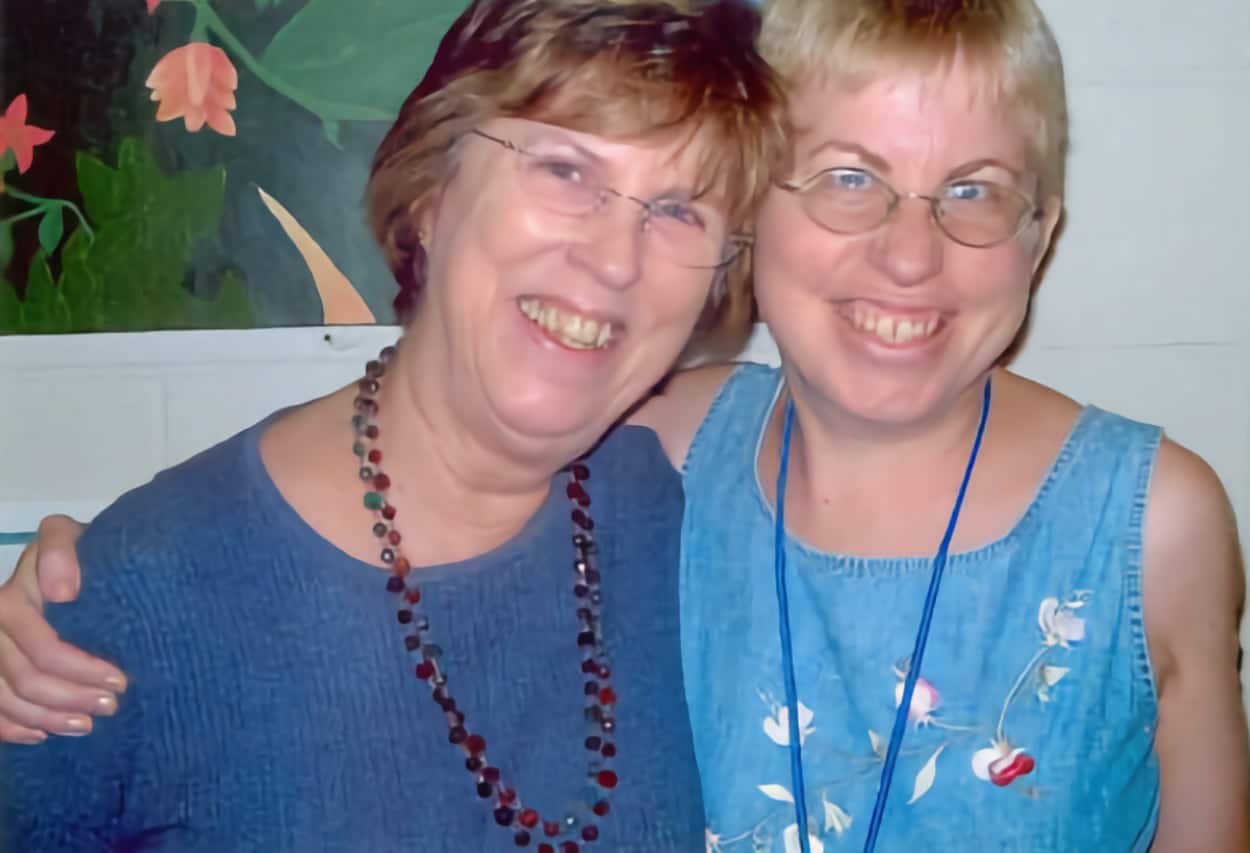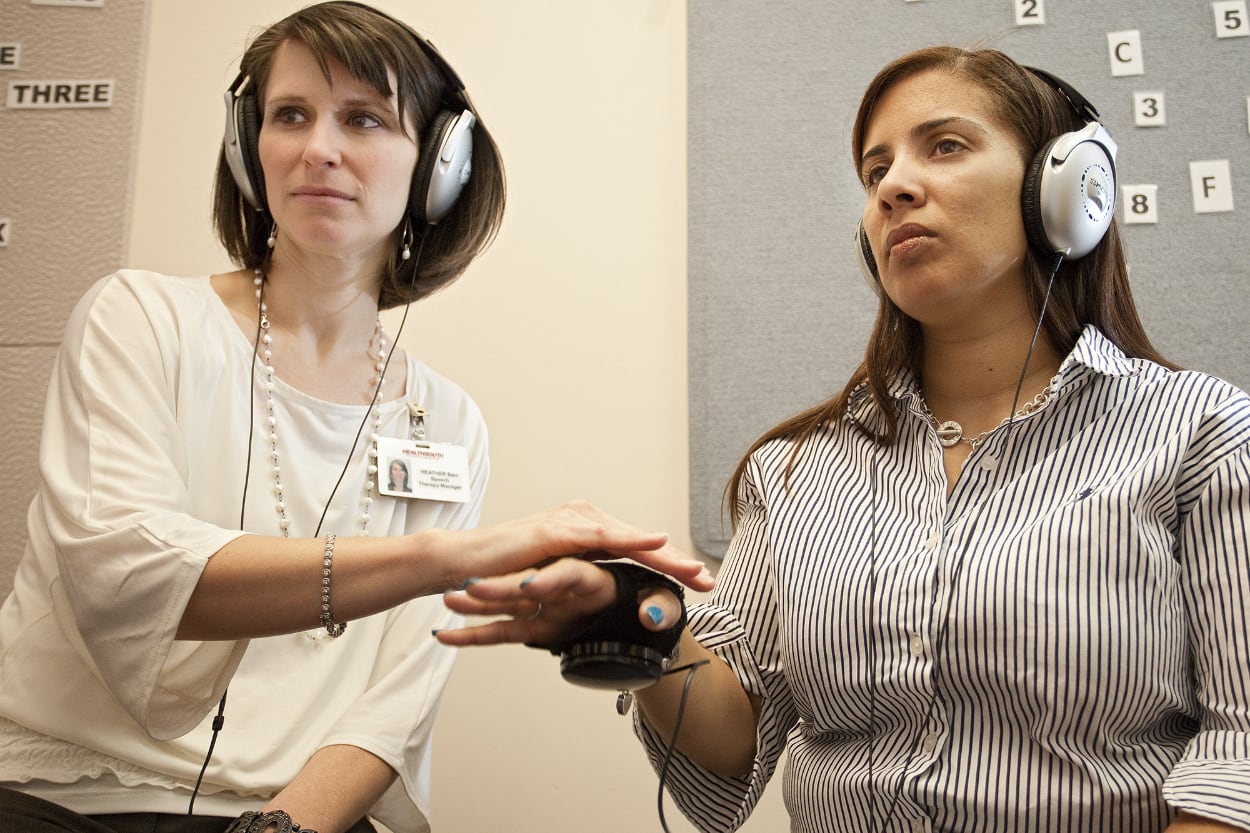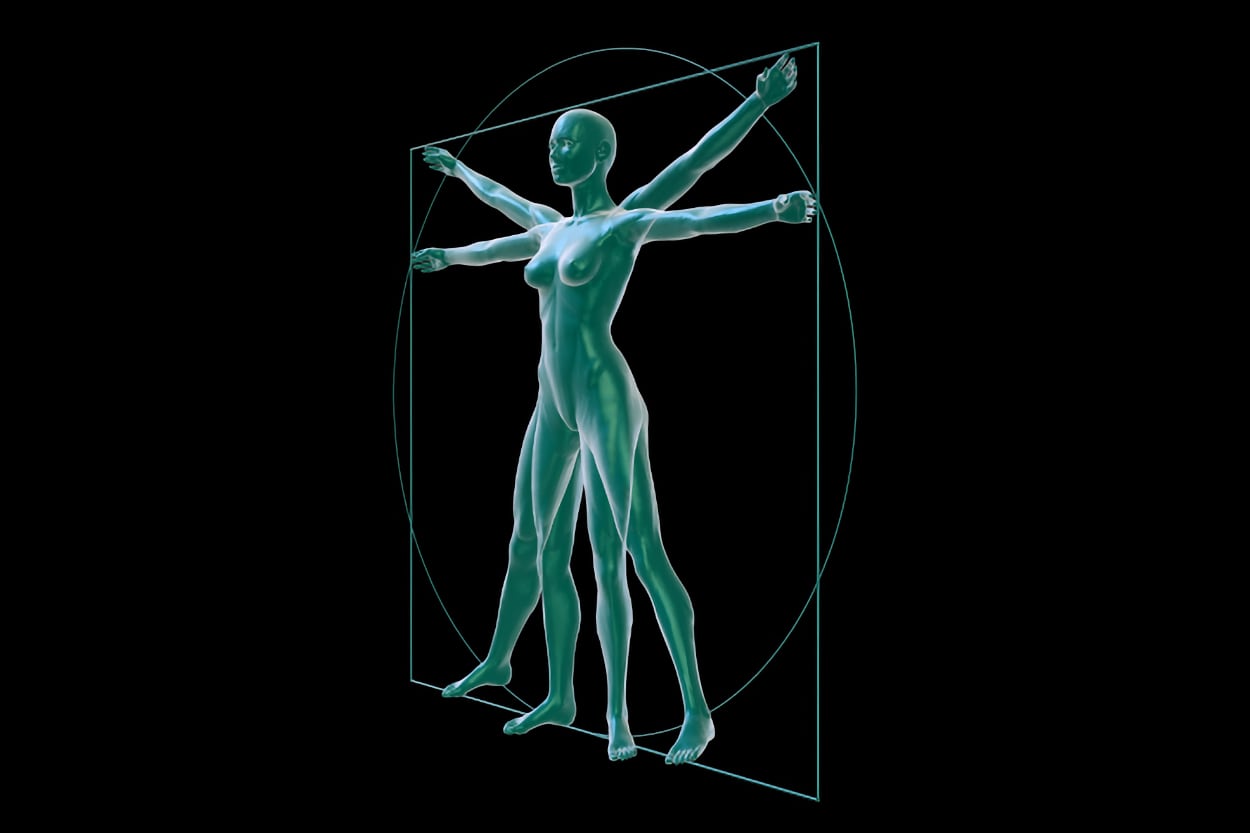Interactive Metronome Testimonials
Filter Your Results
I am currently working with a teen who has a great difficulty with initiating anything from movement to speech to fine motor skills. He has a multitude of diagnosis from autism to ataxia. It took over 3 hours to perform standardized testing with him as he had difficulty initiating each task requested of him. He is such a COOL kid who loves drawing and music. Due to his difficulties he is homeschooled. School was just such a difficult place for him as he just took so much longer to perform tasks than the other children did.
“Isabelle”, a 9 year old girl with a diagnosis of hypotonia was referred for Interactive Metronome to help with strength and coordination. After working with her for one session, we began to discover some sensory issues that had not been addressed before that were impacting the development of her skills. Another therapist asked me if we should stop IM because we wouldn’t be able to handle her sensory issues during our sessions. I reassured her, that we’d be able to adapt the activities and work with her to help her sensory system.
You may recall me asking your advice on the 10-year old boy with Muscular Dystrophy that I’m working with. He has extremely low muscle tone, and as a result, we had to make a lot of modifications to the program for him. He could not perform the required arm circles when doing both hands tasks, and therefore found the speed very slow and hard to maintain. Most of the feet tasks couldn’t be done, as he is confined to a wheelchair. However, we do some of them when he is in his walking sling. When he started IM, even the 1 minute tasks completely exhausted him…
After a stroke six years ago, Janet Carter developed relentless migraines. She couldn’t read or concentrate, noise was excruciating, and her work in the children’s ministry at the Journey Assembly of God church in Bradenton became more difficult. Most people probably couldn’t tell any of that. She kept things to herself. Carter discovered Interactive Metronome, a therapy designed to retrain the brain in how it engages with timing. In everyday activities, microseconds and milliseconds matter, although people without brain injuries aren’t aware that their bodies and minds naturally synchronize. Carter’s granddaughter had found success with Interactive Metronome therapy, which is why Carter decided to try it.
George is a 78-year-old man, receiving Physical Therapy and Occupational Therapy to address functional movement problems as a result of his moderate to severe Parkinson’s disease. As an OT new to the IM program I was interested to see whether the program would help to alleviate the tremor in both of his hands as he tried in vain to manage his fasteners, buttons and zippers when dressing. I knew from experience that helping clients in this area with traditional therapy techniques (repetition/adaptation/compensation) was often arduous, frustrating and time-consuming.
A new therapy, called Interactive Metronome, uses a steady beat to help improve cognitive and motor skills, and help amputees such as Frederick Davis of St. Petersburg to walk again.
Within one month of Robin’s birth we knew something was not right. In 1971, my husband and I rejected institutional placement for our infant daughter who was recently diagnosed as severely disabled and later with classic (severe) autism. The doctor said to us, “…as long as she’s progressing, be thankful… any progress she might make in childhood will regress as an adult.” Determined, we made a commitment, as long as she’s progressing, regardless how slow, we’d keep pushing her forward. Thus, as parents we developed new hopes and dreams for our daughter – that eventually lead her to independency.
Featured in the News: After serious head injury, Dover principal spreads awareness about concussions
Principal Julie Sterner’s injury impaired her ability to read and multitask after falling in a bounce house. She said therapy that included Interactive Metronome helped her become herself again.
Frank and I had known each other for years. We became acquainted first socially through a mutual friend and then, sadly, on a professional level. Headaches had led to brain scans and then on to brain surgery and he had requested that I be his primary therapist. Traditional therapies were helping but only to a point and following three months of outpatient services I was saddened to hear that his physical therapist was ready to discharge him. Having known Frank before his accident, I had the advantage of familiarity with his drive to succeed and his passion for independence. Despite his initial skepticism, Frank had begun to accept his fate that Interactive Metronome was the one card as yet left unturned towards his recovery.
The media sums it up pretty well. This is from an article last Sunday in Central PA’s Patriot News: When a head injury, disease or behavioral disorder disrupts that carefully synchronized brain clock, everything from breathing and body movements to intellect and emotion can be undermined. But a relatively new therapy known as Interactive Metronome has restored the internal timepiece in the brain of many patients with autism, cerebral palsy, ADHD, stroke, traumatic brain injury and other cognitive disorders.
Transverse Myelitis can be very scary. Its onset is fairly quick, and its symptoms can be long lasting. It can be very treatable though, and typically when patients are medically stable, they can benefit from some type of rehabilitation therapy…
Most of us don’t realize how important focus is to the development of gross motor skills. Jumping, running, walking, throwing a ball – they all require some amount of focusing skills, especially for those who have a medical condition which impacts the development of those skills.
One of the children I have worked with really struggled with his homework time. There was crying, lying, procrastinating, hunger, thirst, fatigue – you name it, he would use it to try to get out of doing his homework. So when this same child got home from school one day, got his homework out and told his mom he wanted to get his homework done, she almost fainted!
Nonverbal Learning Disorder (NLD), also called Nonverbal Learning Disability, is a developmental disability which all too often goes undiagnosed. Individuals with this potentially debilitating disorder generally suffer in silence…
Although Mason Roach, a 6-year-old boy, was not diagnosed with ADHD, he still showed similar symptoms. Mason had trouble following through with simple tasks, such as taking a shower and brushing his teeth. His Mom came to Lisa Poe, OTR/L for help…<
Nicole credits roller-skating lessons with alleviating her daughter’s ADHD symptoms. It was Jenna’s skating coach who noticed the 11-year-old seemed to prefer her left side over her right. She suggested physical therapy to improve Jenna’s balance. That’s how Jenna wound up at Nemours/Alfred I. duPont Hospital for Children using the Interactive Metronome, a computer-based rhythm program that uses simultaneous sound and images to help with the brain's processing, specifically when it comes to attention, motor planning and sequencing.
Three and a half years ago, Diane Solomon was at the end of her rope. Her son Adam was in second grade and nobody knew what was wrong with him. When Adam was 18 months old, he had been diagnosed with a rare childhood inflammatory disease called Kawasaki syndrome. After six months he improved, but he had sensitivities they later learned were sensory integration problems. When Adam was five, he became a one in two million kid and got Kawasaki syndrome a second time, this time ending up with a coronary aneurysm. When he recovered, he couldn’t hold a pencil for six months. Diane says they started him in school, but they soon realized something else was wrong.
A year ago, Aaron, who was diagnosed at age 5 with attention deficit hyperactivity disorder, had difficulty making eye contact and having a conversation. He couldn’t follow directions and was lagging behind in school by several years. That began to change last spring after the Davises heard about Interactive Metronome and decided to see if it would help their son.
As symptoms began to emerge again over time, they didn’t think about restarting sensory diet activities, and behavior got out of control in all of her environments. Because the family wanted to try to keep her calm, she got anything she asked for, was able to decide her own bed time, what she ate at every meal and what she got to do during her playtime – which was almost always sitting in front of the computer. Her sensory system was starving and she was so dysregulated it was hard to know where to start during treatment sessions…
His diagnosis was sudden and tumor removal surgery was scheduled within a few days. When he awoke from surgery, you could tell things were “different”. His speech was slurred and his movements were shaky. His balance was very impaired, as we watched the little soccer star have difficulty with every step. His parents were just heartbroken. Chemo and radiation followed the surgery as well as a bout of rehab which included IM as part of his therapy regimen!













